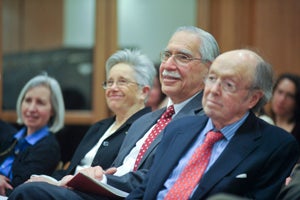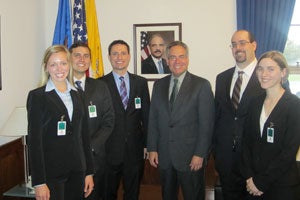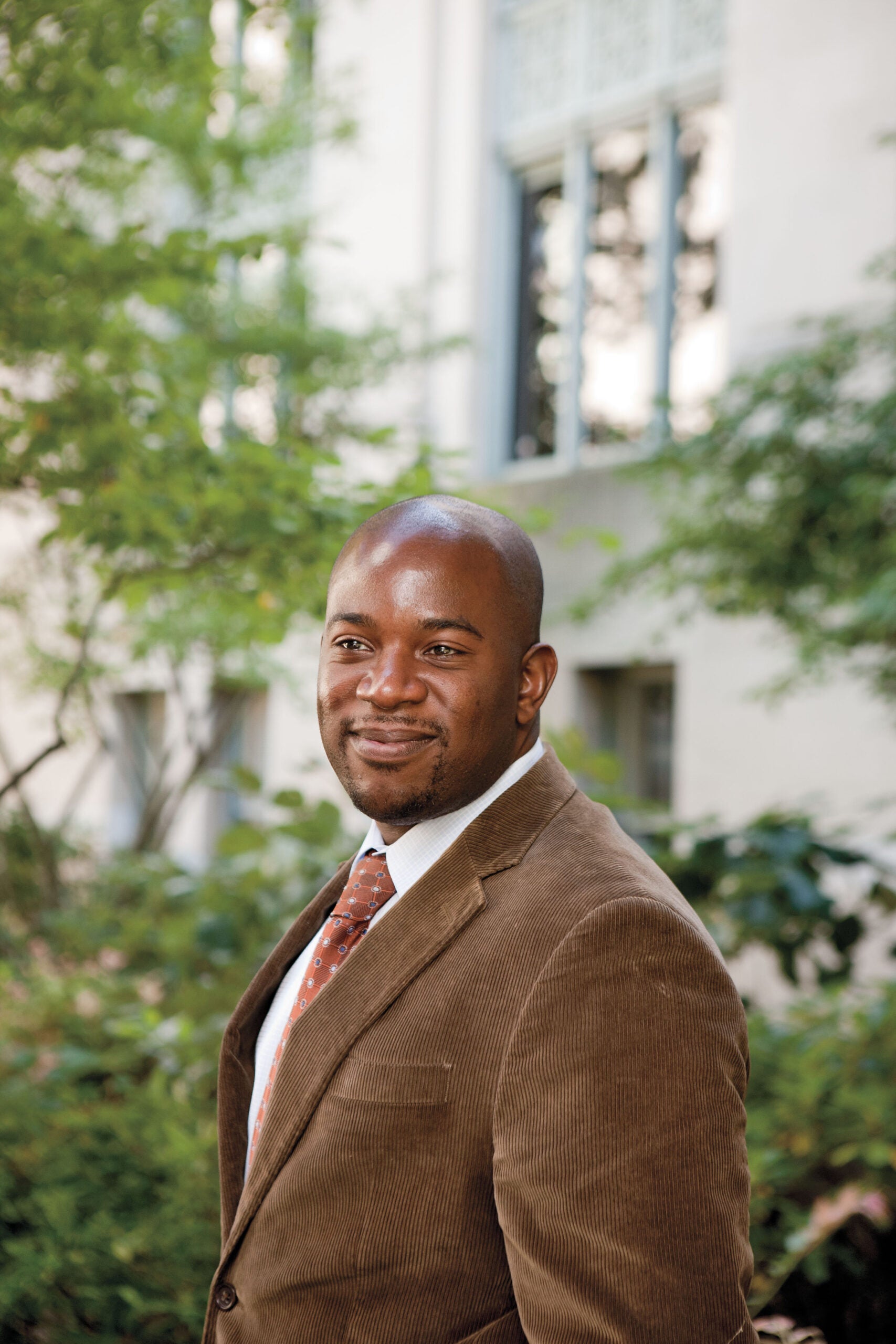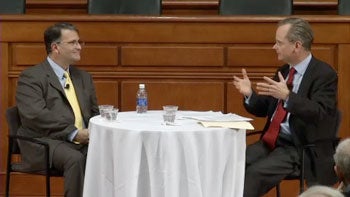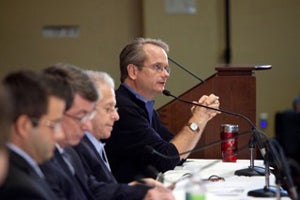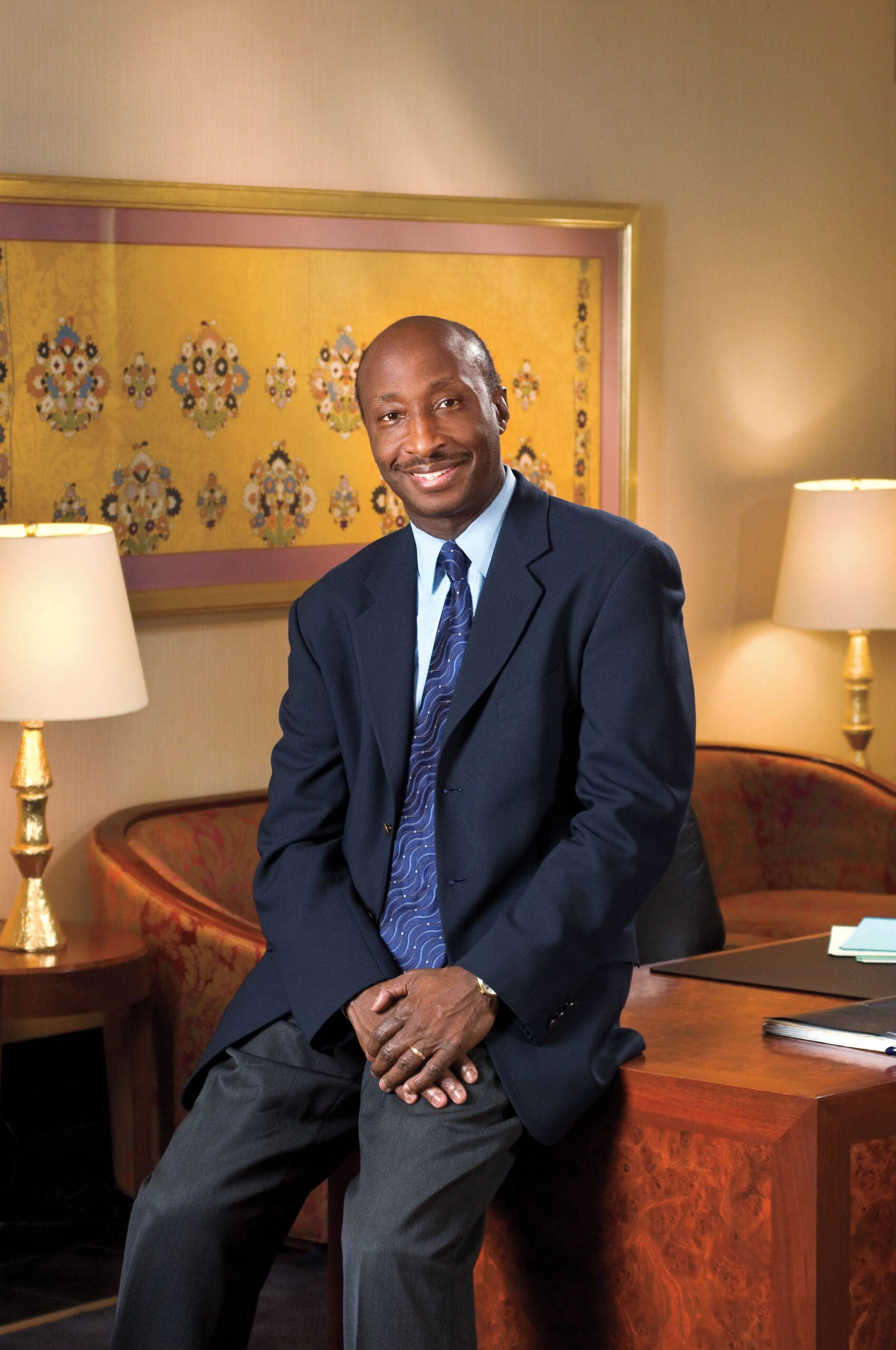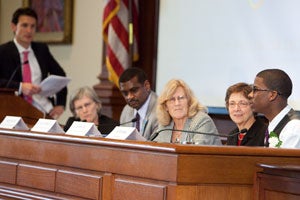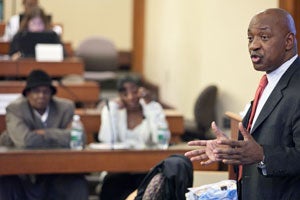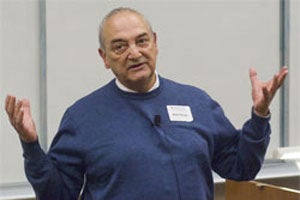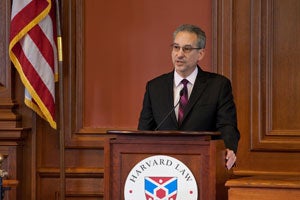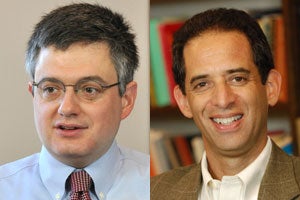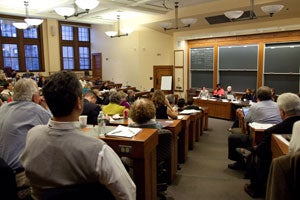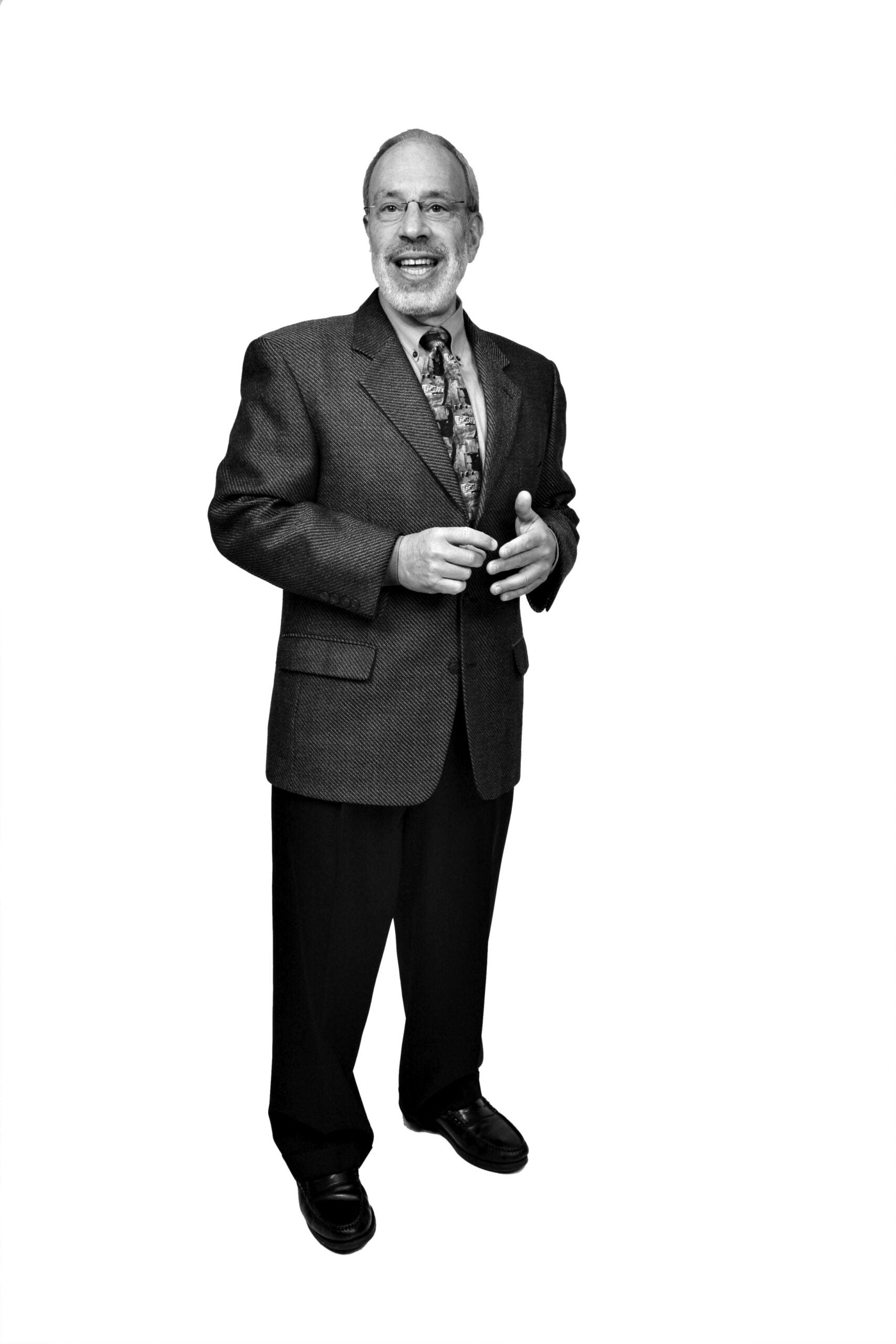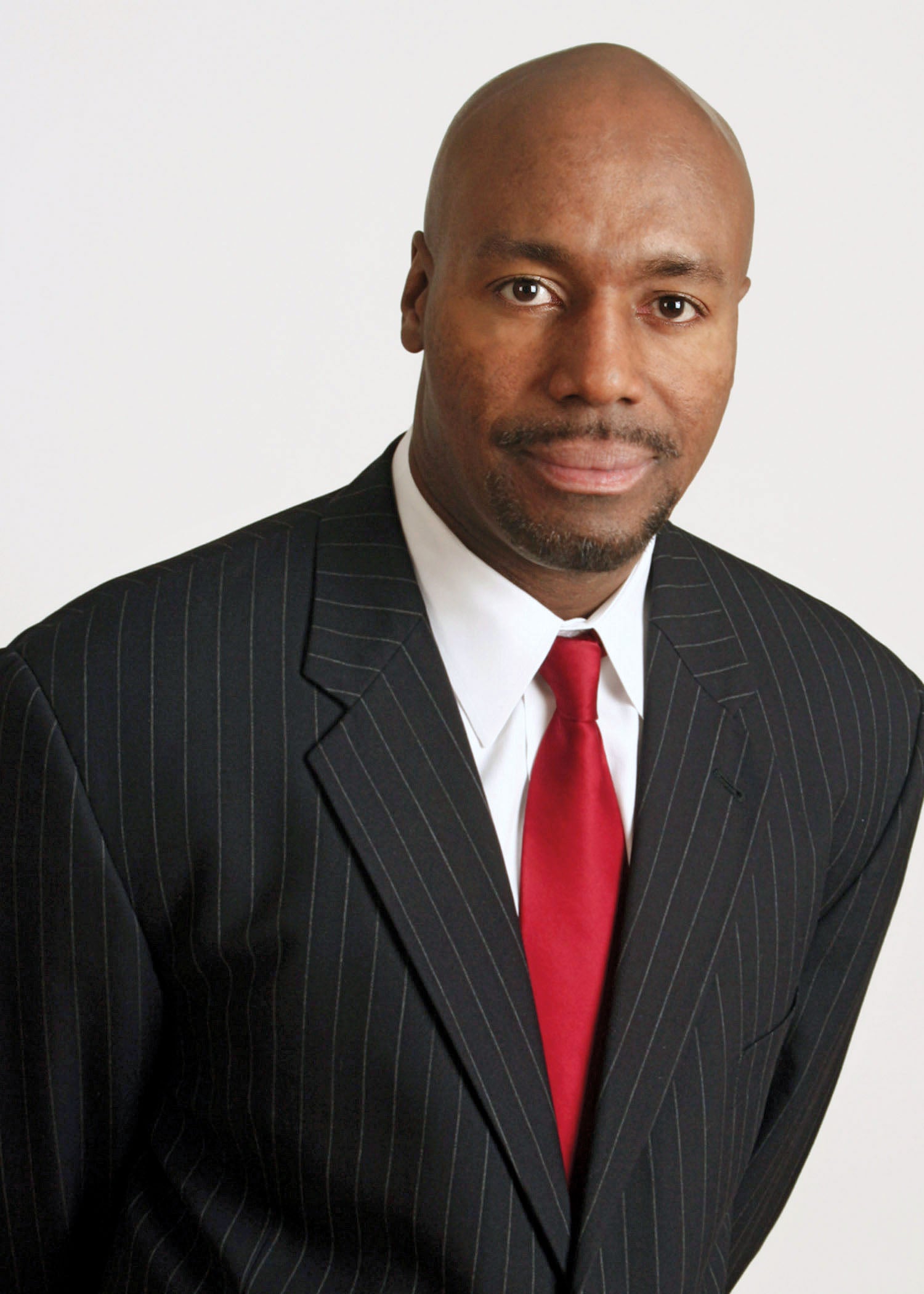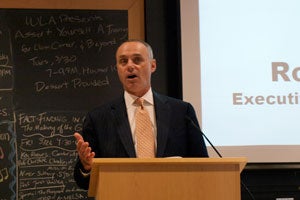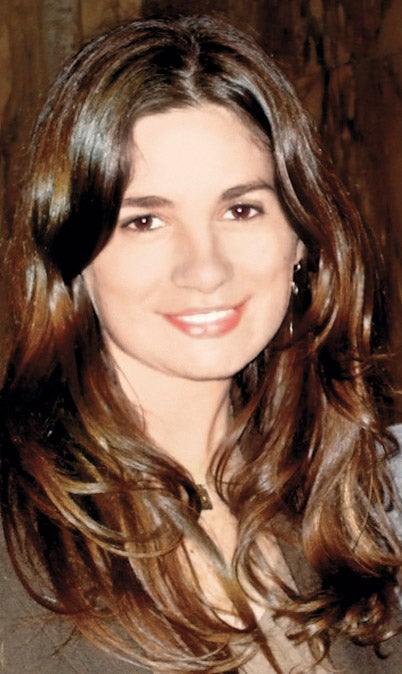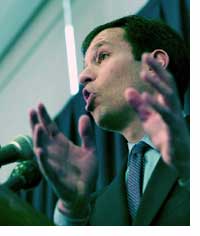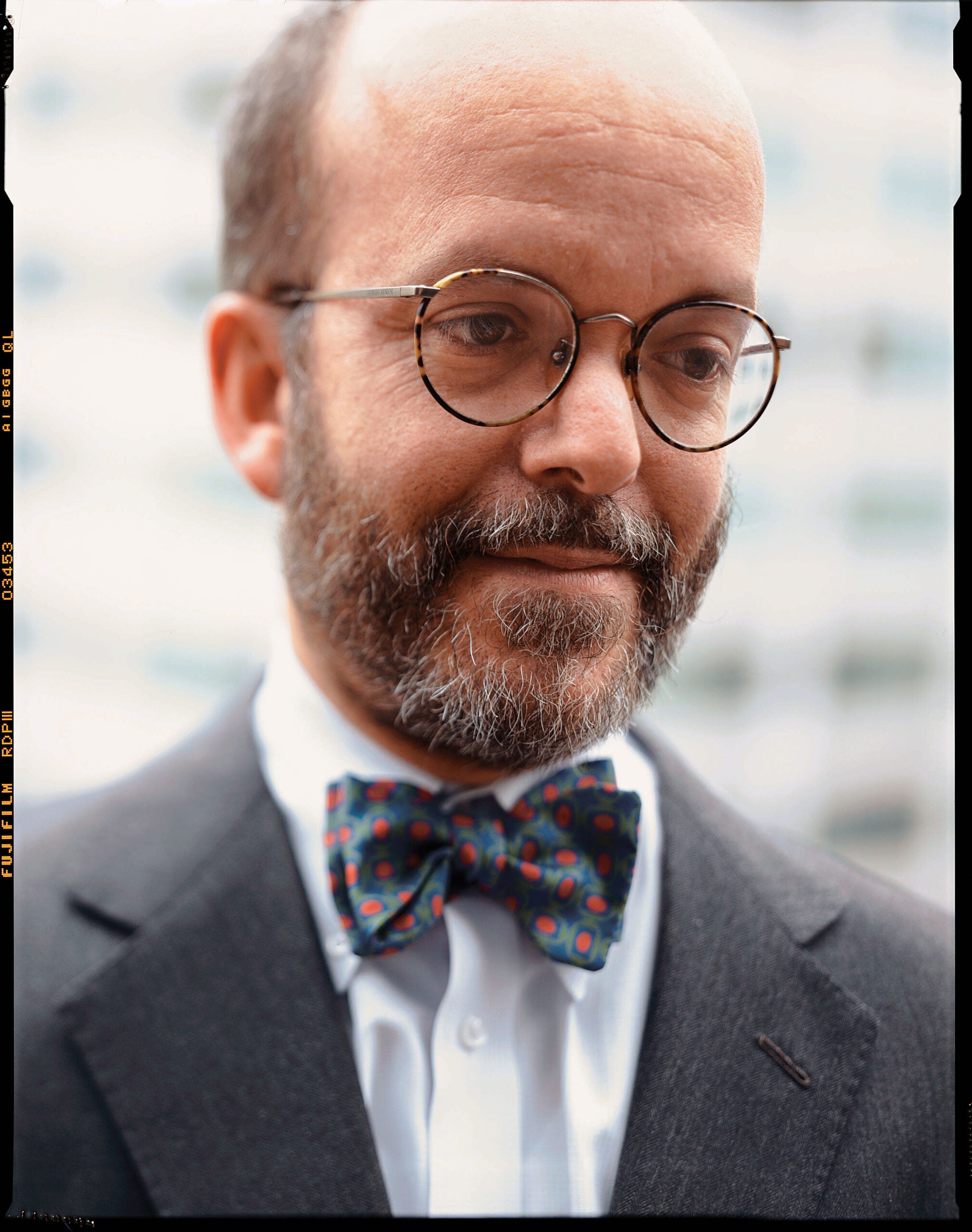Latest from Lewis Rice
-
Symposium explores Michelman’s contributions to comparative constitutional law and law and philosophy (video)
February 21, 2012
An array of luminaries from academia and the bench—and from around the world—came to Harvard Law School to celebrate Professor Frank Michelman ’60 and his influential work, as he prepares to retire after nearly half a century on the HLS faculty.
-
Students travel to Washington to present plan to close Guantanamo
February 7, 2012
In a replica of a high-level White House negotiation session, teams of students in a new advanced negotiation workshop at Harvard Law School offered advice on how to handle Guantanamo detainees. Although the negotiation wasn’t real, for the students the stakes were still high: One team was later selected by fellow students to travel to Washington, D.C., to make a presentation on Guantanamo to U.S. Assistant Attorney General Ronald Weich.
-
The third Celebration of Black Alumni drew more than 700 graduates to the school in September and filled the campus with excitement and engagement, crossing generations. The Bulletin interviewed participants who graduated during each of the past five decades. They reflect on their own experiences and the path of social change in the era of the nation’s first black president.
-
At HLS, Jack Abramoff talks about corruption in Washington
December 9, 2011
Appearing at Harvard Law School a year and a half after being released from federal prison, a contrite Jack Abramoff expressed a desire to thwart the political corruption he once infamously practiced. The event on Dec. 6 was sponsored by the Edmond J. Safra Center for Ethics, whose director, HLS Professor Lawrence Lessig, interviewed Abramoff, a former lobbyist who pleaded guilty in 2006 to charges of fraud, tax evasion, and conspiracy to bribe public officials. “His experience,” said Lessig, “has an enormous amount to teach us.”
-
In response to a widely perceived dysfunctional political environment in Washington, D.C., attendees at a conference at Harvard Law School evaluated the potential and pitfalls of a possible remedy—a first-ever Article V convention to propose amendments to the Constitution.
-
A Dose of Optimism
July 1, 2011
The new CEO of pharmaceutical giant Merck, Kenneth Frazier ’78 is driven by high hopes for the company and what it can do
-
Children in foster care experience daunting challenges of stability and security in the school system, according to participants in the program “On the Road to Educational Equality,” held at Harvard Law School on May 24.
-
Over five seasons on HBO, the show "The Wire" tackled topics such as the drug war, wiretapping, corruption, and intergenerational incarceration—all topics worthy of examination inside and outside the classroom, according to Professor Charles Ogletree '78. That is why he established a new class based on the show—“Race and Justice: The Wire”—whose curriculum includes readings and discussions on drug policy, police practices, and legal tactics.
-
At HLS symposium, the ‘godfather of grassroots basketball’ decries exploitation of college athletes
April 4, 2011
With a mixture of storytelling about his groundbreaking role in amateur basketball and critiques of the NCAA and NBA, former sports marketing executive Sonny Vaccaro gave the keynote address at the third annual HLS Sports Law Symposium on March 25.
-
Is the Obama Health Care Reform Constitutional? Fried, Tribe and Barnett debate the Affordable Care Act
March 28, 2011
Debating what Harvard Law School Dean Martha Minow called “one of the most important public policy issues and one of the most important constitutional issues,” three law professors offered different perspectives on whether the individual mandate portion of the Affordable Care Act (ACA) violates the commerce clause of the Constitution and infringes on personal liberties.
-
HLS Professors John Goldberg and Henry Smith are working to reinvigorate the study of contracts, torts, and property with the new Private Law Workshop, which they co-teach as part of the Project on the Foundations of Private Law at Harvard Law School. The workshop, said Goldberg, is “an opportunity to introduce students to some of the emerging literature that’s aiming to rethink the significance of private law in modern legal systems.”
-
Child Advocacy Program conference explores questions of race and child welfare (video)
February 7, 2011
African-American children, who account for just 15 percent of all children in the U.S., represent more than a third of children placed in foster care. The question is: Why? That controversial issue and others surrounding society’s efforts to protect children were the focus of the conference “Race & Child Welfare: Disproportionality, Disparity, Discrimination: Re-Assessing the Facts, Re-Thinking the Policy Options,” held January 28-29 at Harvard Law School.
-
Making A Case Against Warrantless Surveillance
January 1, 2011
Standing on principles shaped at HLS, Steven Goldberg ’72 wins a landmark ruling in a case involving one of the most controversial initiatives surrounding the War on Terror. For Goldberg the case exemplifies overreach at the highest level of government.
-
A Case for Reform
July 1, 2010
Former prosecutor Paul Butler ’86 now argues for jury nullification in cases of nonviolent offenders—even if they are guilty.
-
Three Journeys, One Dream
July 1, 2010
LL.M. students recall their work in Afghanistan and share their hopes for the nation’s future.
-
As the three most popular sports leagues in the United States all confront the end of their collective bargaining agreements in 2011, industry representatives previewed the key issues affecting negotiation, during the second annual Sports and the Law Symposium held on March 26.
-
Bargaining with the Devil
February 7, 2010
In the most recent U.S. presidential election, the candidates debated the wisdom of negotiating with enemies. But such a debate is not confined to political leaders. Whether it’s a dispute between countries, businesses or family members, the parties involved face a crucial decision. And Robert Mnookin ’68 offers a guide to making the right one in his new book, “Bargaining With the Devil: When to Negotiate, When to Fight” (Simon & Schuster).
-
A Call to Do No Harm
January 1, 2010
Coercive interrogations inflict discomfort or pain with the goal of eliciting information. Yet all too often, says Deborah Popowski ’08, those involved in such interrogations are supposed to be helping people, not hurting them.
-
A Question of Interrogation
January 1, 2010
On Jan. 22, 2009, President Barack Obama ’91 signed an executive order mandating that individuals detained in armed conflict will “be treated humanely and shall not be subjected to violence to life and person.” Harvard Law School Professor Philip Heymann ’60 had an answer. And his proposal may soon become the standard for the how the United States handles interrogations to prevent future terrorist attacks.
-
The Case for the President
July 1, 2004
Ken Mehlman '91 was a Republican before law school. But HLS helped make him the Republican he is today. His predominantly liberal fellow students in fact made him "more Republican, more conservative," spurred by his view that rampant elitism drove their ideology, he said.
-
Equal Signs
July 1, 2004
A restaurant employee is fired. He didn't violate company policy. In fact, he's a good employee, according to his manager. But he is fired because, as the regional manager put it, he is one of "those people."
